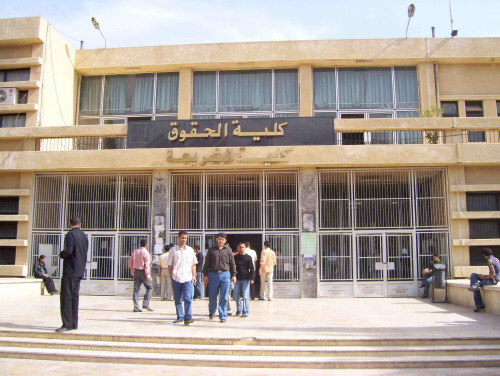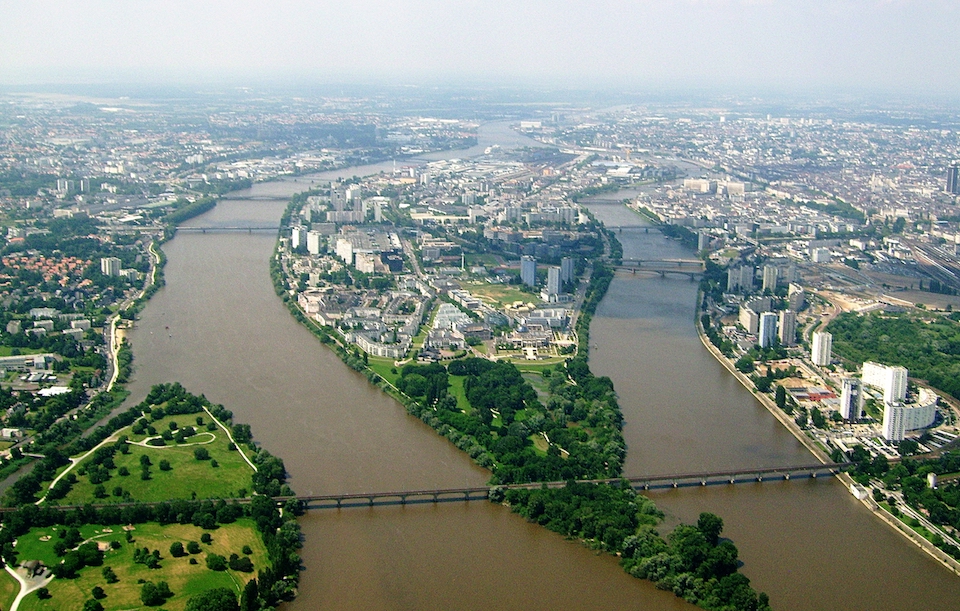Necessity is the Mother of Reinvention: How Refugees Leverage Professional Skills to Start Over
Written by a Navanti analyst originally from Syria
We often read articles in the media of the successes of refugees and asylum seekers integrating into their new countries: a young woman receiving perfect marks and graduating first of her class at university, or an enterprising young man opening a restaurant featuring recipes from his hometown. But these individual stories should not obscure the difficulties that refugees and asylum seekers face adapting to economic life in their host countries, particularly in Western Europe and the US. Many people cannot translate professional and educational credentials into their host country’s systems, and end up taking jobs far below their skill levels or switching careers entirely; for others, language and cultural barriers can pose obstacles to entering the economy at all. These barriers are particularly daunting for older individuals, whose skills are less in demand and who struggle to make social and professional connections.
I myself came to the US as an asylee and know firsthand how it feels to be forced to leave every comfort you have ever known behind and to dive headfirst into a pool of uncertainty. In my case, my law degree from Aleppo University in Syria was relatively useless in the US—in order to practice law, I would have needed at least two years of study to pass the bar exam, an option which was not on the table for me. So when I arrived in 2013 with my family, I had to drop my career and shift course—essentially start from scratch. I began working at Deutsche Bank, a good fit for my international background and skillset, before joining Navanti several years later.

Aleppo Uninversity’s School of Law. Source: Wikipedia
My own situation was lucky, but host country policies and regulations can make securing employment for refugees nearly impossible. In the US, a person seeking asylum cannot work until 150 days have passed since the date on which their case was submitted. So the dilemma becomes: how do you survive for 150 days without an income? In France, refugees complain of a lack of French language classes, programs to help them find work, or vocational training, leaving many to continue on to the UK in the hope of getting a job.
Sometimes the goodwill of host country residents is all it takes to get a refugee on their feet. A Syrian friend of mine named Samer, a dentist by trade, arrived in France after the conflict started “with no plan A or B” for making a living, in his words. France is not interested in foreign dentists, leaving recent arrivals to complete a long retraining process that can involve redoing a BA degree. Samer was lucky enough to meet a professor in the medical lab at the University of Nantes, who guided him through the application process for a Masters in Biology program, secured him an internship in his lab, and then advocated for him to be accepted to a PhD program in gene therapy.

Nantes, France. Source: Wikimedia Commons
“God, or luck, or whatever you want to call it sent me good people, and through them I was able to change my specialty to something I had only heard about on TV,” said Samer.
“Even though France doesn’t really have the infrastructure to host [refugees] in comparison to other countries…a lot of people want to help, and they opened their hearts and doors,” he added.
“It made me believe that there’s still good on this Earth.”
Middle-aged and elderly migrants face a tougher battle integrating into their host country’s workforce. Many people in this age cohort have very little knowledge of the language of their host country and do not care to learn it beyond what they need to navigate basic interactions, such as purchasing groceries at the local market. Civil society organizations and NGOs involved in integrating mature refugees and asylum seekers can offer little to improve quality of life if one does not wish to learn the language or dedicate themselves to the integration process. Another issue is that organizations providing support to refugees tend to ignore elderly people in favor of groups deemed more high-priority.
“On the whole, older refugees are frequently put ‘at the back of the queue’ and overlooked by aid programmes due to assumptions that their needs are of less importance than those of other vulnerable forced migrant groups such as children,” according to a January 2010 study published in the Hellenic Journal of Psychology. “To date, there has been little research on their experiences in receiving countries despite the fact that evidence on settled older migrants depicts them as among the most deprived and socially excluded groups living in developed countries.”
In addition, older adults lack the same level of professional ambition as young adult immigrants. Imagine the aging university professor or research scientist who has spent his entire life building a career only to now start from scratch, in a country where his skillset and expertise count for next to nothing. Where is the sense of dignity in such circumstances? One does not feel a sense of value without dignity, and without a sense of value, how can one feel equal and capable of integration?
With all the difficulties facing recent migrants, I would be remiss if I did not stress that those who have the chance to immigrate to a new country are very lucky. Millions of men, women and children remain in war zones, or live under oppressive governments and are unable to escape. Nevertheless, for those who do manage to make the trip to safety, host countries ought to implement policies that facilitate the transfer of professional skills accumulated by refugees back home. Doing so would not only relieve massive psychological burdens on recent arrivals, but also allow host countries to benefit from the experience and skillsets that refugees bring with them when seeking a new home.

